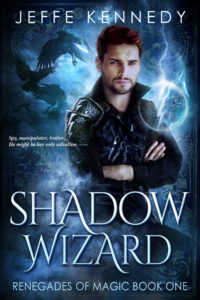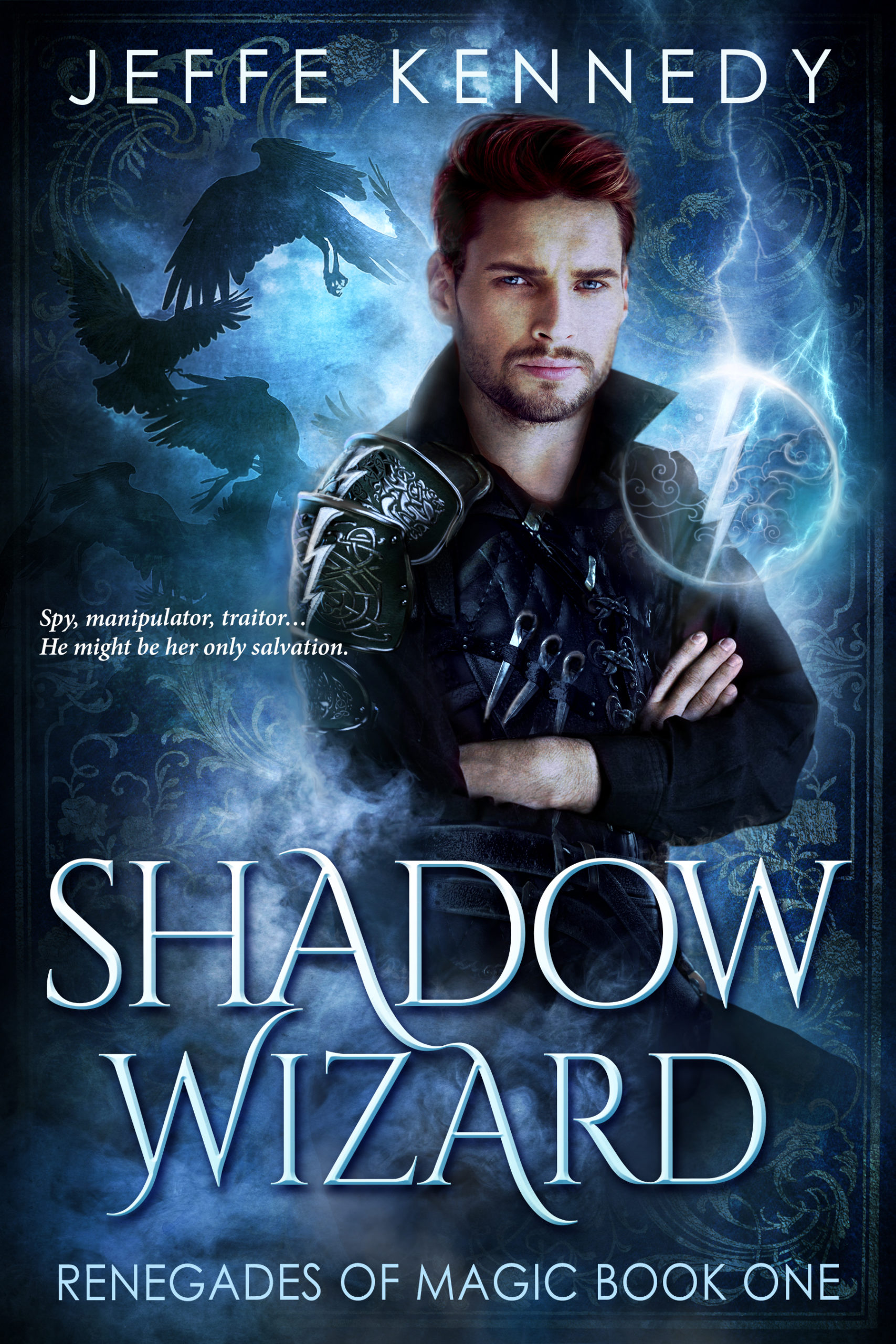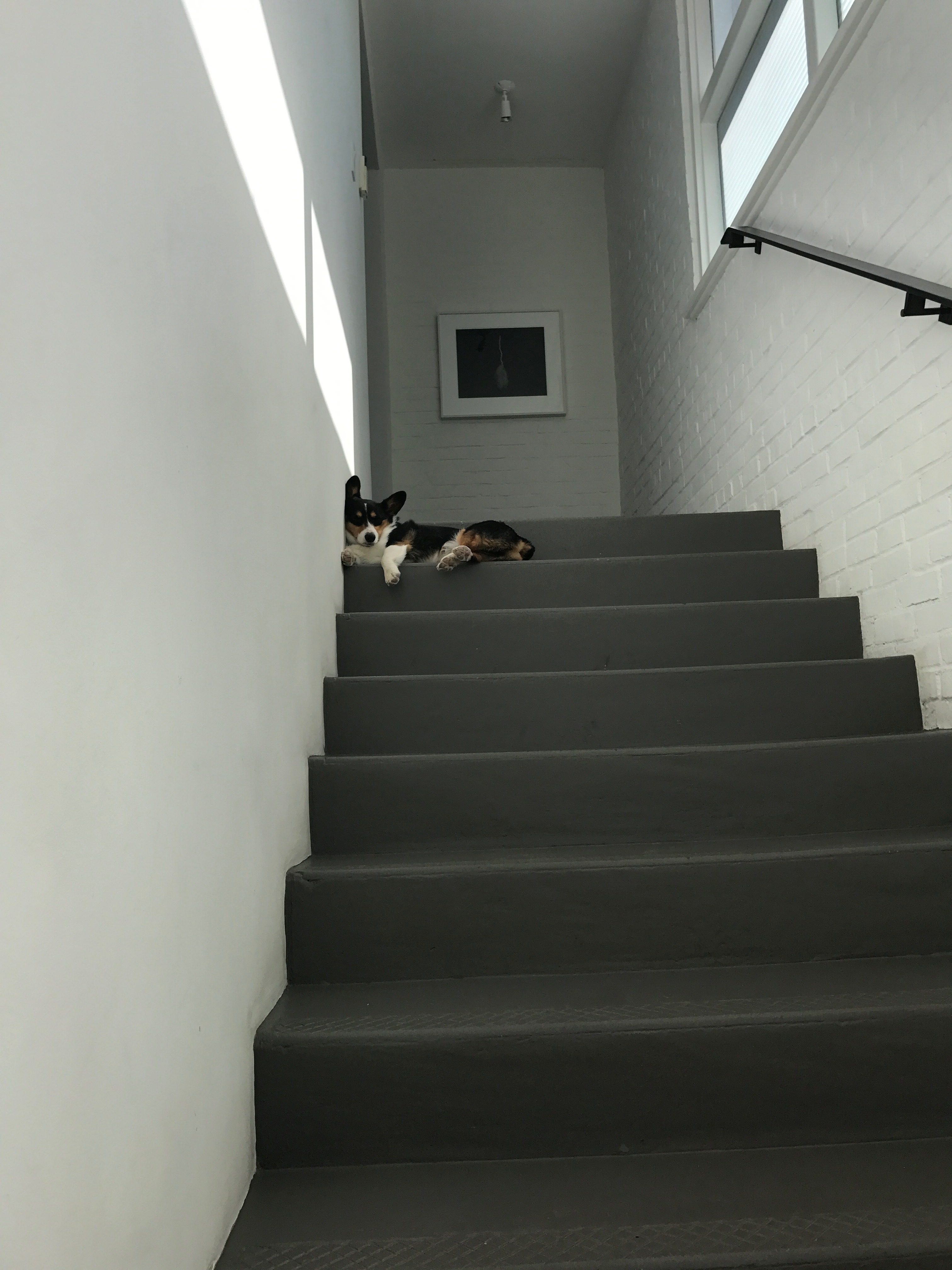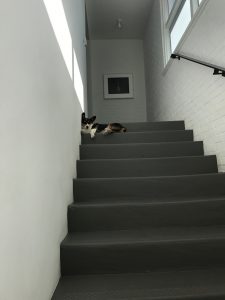
If you missed it, SHADOW WIZARD is now available for preorder! It releases September 29, 2022. This is Book One in my new trilogy, Renegades of Magic, and continues the story begun in the Bonds of Magic trilogy. Preorder links below!
RITA ® Award-Winning Author of Fantasy Romance


If you missed it, SHADOW WIZARD is now available for preorder! It releases September 29, 2022. This is Book One in my new trilogy, Renegades of Magic, and continues the story begun in the Bonds of Magic trilogy. Preorder links below!

 This is a quintessentially Santa Fe photo to me. I took it at Radius Books, where my lovely author friend Megan Mulry works. I stopped by on a hot June afternoon to pick up some books from her, and this dog-in-residence was enjoying the cool stairway. Or being part of an art installation. In Santa Fe, even the dogs have a keen appreciation for aesthetics.
This is a quintessentially Santa Fe photo to me. I took it at Radius Books, where my lovely author friend Megan Mulry works. I stopped by on a hot June afternoon to pick up some books from her, and this dog-in-residence was enjoying the cool stairway. Or being part of an art installation. In Santa Fe, even the dogs have a keen appreciation for aesthetics.
My life is pretty wonderful these days. I live in a beautiful place, I have lovely friends, and I’m actually pulling off this writing full-time gig. David and I are both working hard, but we’re making progress. Every once in a while, I kind of catch my breath and realize that I’m truly making my living as a writer. After twenty-five years of putting the effort toward that goal – and *not* getting there – it still feels unreal.
So, I’m counting my blessings and my lucky stars.
I’m also still learning how this works. I don’t think I’ve posted recently on word count goals and sustainability. For a while there, when I went to writing full time, I tried for 5,000 words/day. And I can do it. I have the time. I can write that much in a day, and I can sustain that output for a week or two, working five days/week. Which is great for getting 50K in a couple of weeks.
BUT…
And I set that out as a big, bold BUT – my overall productivity for 2016 went down, despite this elevated goal. I sat down with my spreadsheets (FTW!) to figure out why. It turns out those 25K weeks come with a high price for me. I would follow those with rebound weeks where I got very little done. I’d work and work… and come up dry. I’d drained the well.
This makes no sense to me, as it feels like there shouldn’t be an energetic limit on creativity. I tried all sorts of methods to find a way to sustain the higher daily wordcounts.
Nope. I always paid the price in lower productivity. Even when I *thought* I was doing fine, my wordcount majory dropped. The numbers don’t lie.
So, in 2017, I resolved to keep my wordcount goals to about 3K/day, five days a week. Not only does this feel relatively easy, I can sustain it, week after week. I no longer get those unproductive rebound weeks. The upshot is, though I’m getting 10K less per week, I’m on track to beat my 2016 wordcount by a significant margin.
This also means that I typically finish early in the day – usually by 1 or 2, since I’m a morning writer – and I sometimes feel at loose ends. After so many years of managing two careers, it feels weird to have free time and not use it to work. So, I’m doing things to fix up the house. I’m gardening, reading more, seeing friends.
And I’m contemplating the value of a creative hobby that isn’t about income.
When I was a new writer and taking every class I could, the US Poet Laureate at the time, Ted Kooser, came to the university to give a week-long class. I’m not really a poet and poetry has never been my focus, but I took every opportunity that knocked.
He was just terrific and I learned a great deal from him. But what sticks out in my mind has nothing to do with the craft of writing. What I’ve always remembered about him is that he also painted – beautifully – but had a hard and fast rule that he wouldn’t sell his paintings. He only gave them away. People sometimes argued with him about this. Why not sell this art, too? And he explained that he wanted that one thing to not be about earning money.
That came back to me recently during a conversation with Anne Calhoun. She made a quilt for her sister’s wedding and commented on how fun it was to simply Make a Thing that was unconnected to money. I replied – with some envy – that I used to quilt all the time, and loved it, but gave that up because I needed to spend that time and energy on writing.
And I now understand what Ted Kooser meant. There’s a value to creating something without thinking about paying bills with it. It’s restful in a way. Refilling that well.
I might take up quilting again.
A few extra things. I met a debut author Genevieve LaViolette and she wrote a charming blog post about it. Features lovely comments about me, so I had to share.
Also, I mentioned Sunday about my PRISM finals – that list is up here. Congrats to all!